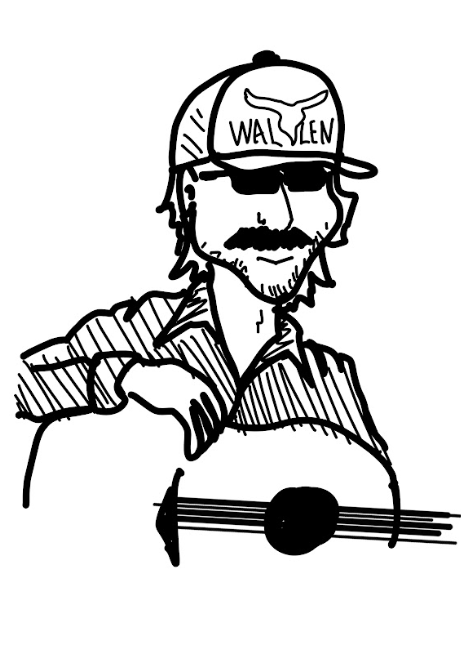During the last weekend of March, I participated for the first time in the Cesar E. Chavez March for Justice here in San Antonio. It was the 23rd annual march of its kind, but it was the first time I’d even heard about it in the eight years I’ve lived in San Antonio. UTSA sent a coalition out to the march, and they were joined by other colleges, high schools, banks and community organizations. They all came together to champion Cesar Chavez, one of the greatest labor and civil rights leaders in the country. He is a symbol of nonviolence and arguably one of the greatest catalysts for the Chicano civil rights movement. His message of justice and equality lives on today.
For some, his legacy is tarnished by his attitude towards immigration and his use of derogatory terms like “wetback” to describe undocumented immigrants. Some conservatives use these types of comments from Chavez to strengthen their own anti-immigration views. So, what is the truth about Chavez’ stance towards undocumented immigrants, and why should we continue to celebrate his name and his legacy today?
Chavez and Dolores Huerta—an advocate for labor rights, feminist and civil rights leader—founded what came to be known as United Farm Workers (UFW) in 1962. The organization was designed to empower farm workers to unionize to fight for better working conditions and fair pay. The UFW held strikes and imposed boycotts to pressure wineries and farm owners. On many occasions they were beaten and sprayed with pesticides, but Chavez fought to maintain a nonviolent movement. He went so far as to fast for weeks at a time to ensure that his people would not take up violence against their oppressors.
As one of the leaders of the Chicano civil rights movement, Chavez inspired thousands across the nation and continues to inspire to this day. The influence of Chavez, Huerta and the UFW is visible in the “Si se puede!” slogan that is painted on canvases, printed on t-shirts and chanted at the annual Cesar E. Chavez March for Justice here in San Antonio.
Chavez is guilty of displaying a clear prejudice against undocumented immigrants; he called them “wetbacks” and organized “wet lines” in the UFW—plans designed to push immigrants back to the border. His actions are inexcusable, but he did evolve his stance. Years later, Chavez fought for amnesty for undocumented immigrants in the Immigration Reform and Control Act of 1986. He realized that immigrants were being “doubly exploited,” as farm workers and as people who could not defend their own interests.
It is important to recognize the shortcomings of our leaders and to hold them accountable; however, those shortcomings must not necessarily ruin their broader message. We must be willing to allow people to evolve their ideologies on issues; not every change in opinion is done disingenuously. We will never have unfaltering leaders with spotless records because there are no unfaltering people with spotless records. Chavez advocated for justice for farm workers and as a result, advocated for justice for the Chicano community as a whole.
These reasons are why he should be regarded as a remarkable civil rights leader, even in the face of his faults. These reasons are why you will hear me chanting “Si se puede!” along with the rest of the marchers in next year’s Cesar E. Chavez March for Justice. I hope to see you there chanting with me.











